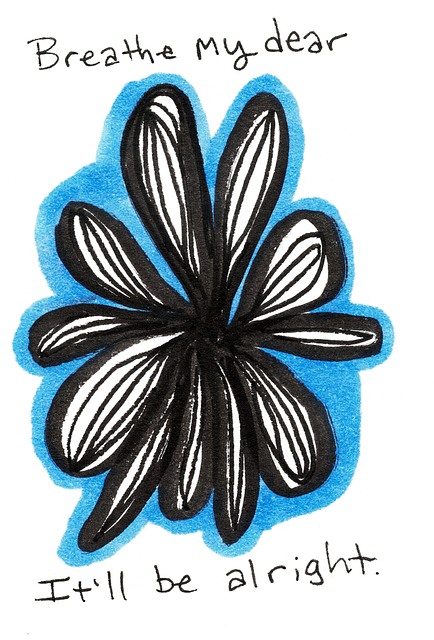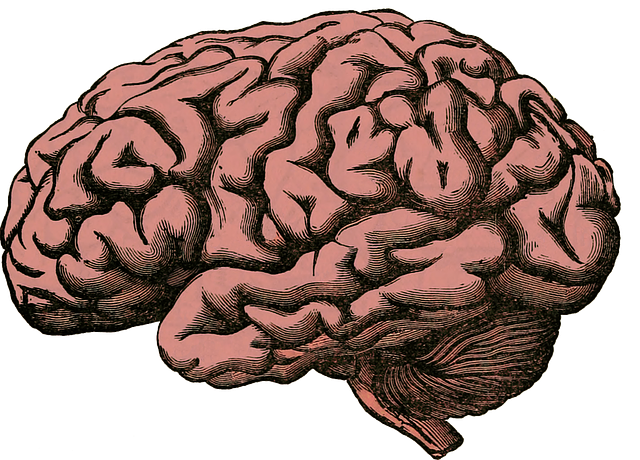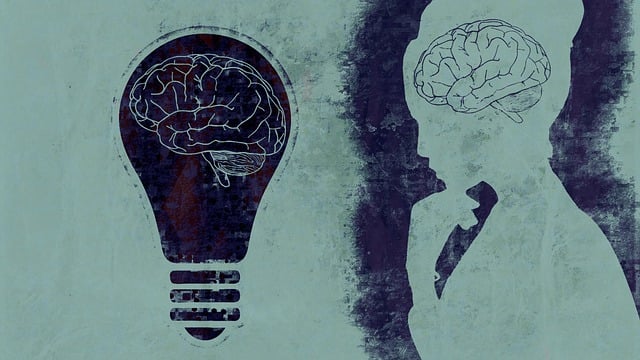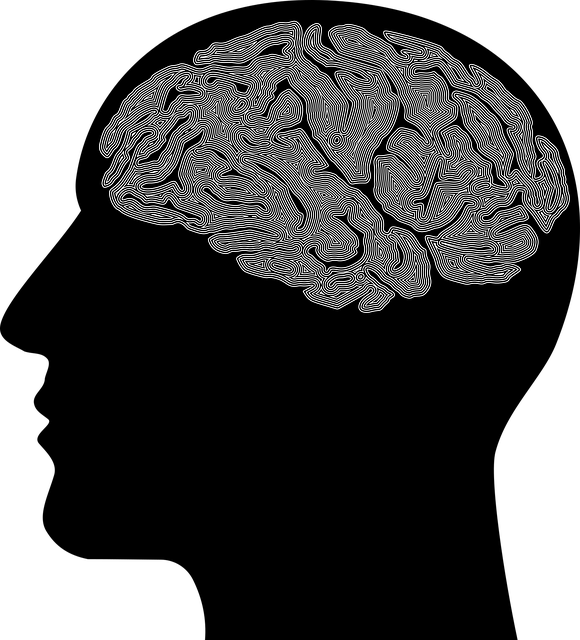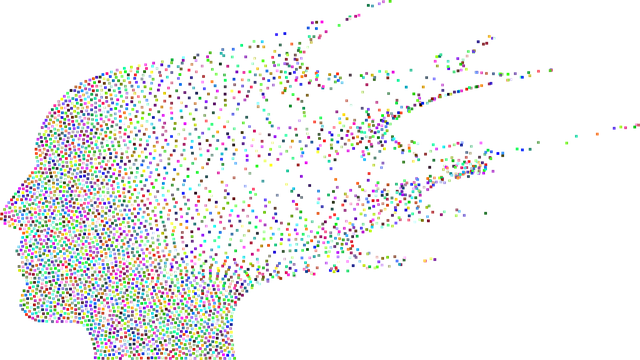Media portrayals significantly impact public perceptions of mental health, either reinforcing stereotypes or challenging them. Inaccurate or stigmatizing depictions can lead to discrimination against vulnerable populations like children who have experienced abuse. Positive media representations, achieved through strategies like public awareness campaigns and compassion cultivation practices, can reduce stigma and encourage early intervention. Healthcare providers can use accurate media portrayals as tools for burnout prevention, education, and community mental health improvement, promoting better well-being. Superior Child Abuse Therapy, integrated with emotional well-being promotion in media and proactive mental health education, is crucial for fostering understanding, destigmatization, and empathy within communities.
Media portrayal of mental illness significantly influences public perception, shaping attitudes and understanding. This article explores the impact of media stereotypes and misconceptions on mental health, with a specific focus on their effect on children and families. We present ‘Superior Child Abuse Therapy’ as a holistic solution, combining media reform with education to promote accurate representation. By challenging harmful narratives, we aim to foster empathy, reduce stigma, and improve support systems for those struggling with mental health issues.
- Understanding the Impact of Media Portrayals on Mental Health Perception
- The Current State: Stereotypes and Misconceptions in Popular Culture
- Strategies for Positive Change: Promoting Accurate Representation
- Superior Child Abuse Therapy: A Holistic Approach through Media Reform and Education
Understanding the Impact of Media Portrayals on Mental Health Perception

Media portrayals play a significant role in shaping public perceptions about mental health. The way mental illnesses are depicted in movies, television shows, and other forms of media can influence how society understands and treats individuals struggling with these conditions. When media representations are inaccurate or stigmatizing, it can lead to further misunderstanding and discrimination against people with mental health issues. This is particularly concerning when considering vulnerable populations like children who have experienced superior child abuse therapy.
Positive media portrayals can challenge stereotypes, reduce stigma, and foster empathy. By presenting diverse narratives that reflect the reality of mental illness, media has the potential to encourage early intervention and support-seeking behaviors. Healthcare providers can benefit from these accurate representations as they often serve as a valuable tool for burnout prevention strategies, helping them educate patients and the broader community about mental health. This, in turn, can facilitate the development of self-care routines and emotional regulation skills, ultimately contributing to improved mental well-being for all.
The Current State: Stereotypes and Misconceptions in Popular Culture

In today’s digital era, media plays a pivotal role in shaping societal perceptions about mental health. Despite strides made in recent years, the current state of mental illness representation in popular culture often perpetuates harmful stereotypes and misconceptions. Shows and movies frequently depict individuals with mental health struggles as violent, unpredictable, or inherently flawed—a far cry from the nuanced reality. This oversimplification not only exacerbates stigma but also fails to reflect the diverse experiences of those seeking help for issues like anxiety, depression, or PTSD.
The consequences are profound, especially considering that media serves as a primary source of information for many folks. Accurate representation is crucial in fostering compassion and understanding, encouraging those dealing with mental health challenges to seek support without fear of judgment. Superior Child Abuse Therapy, while an important aspect of addressing mental health issues, cannot achieve its full potential if it’s not accompanied by the cultivation of compassion through practices like emotional regulation and positive thinking in both real life and media portrayals.
Strategies for Positive Change: Promoting Accurate Representation

Media has a profound impact on shaping societal perceptions, especially regarding mental health. To foster positive change, the entertainment industry must strive for accurate and nuanced representation. This involves more than just including characters with mental illnesses; it’s about portraying them with dignity and complexity. By doing so, media can help reduce stigma and promote understanding.
Strategies such as Public Awareness Campaigns Development and Compassion Cultivation Practices can play a significant role. These initiatives can educate viewers about different mental health conditions, dispel myths, and foster empathy. Additionally, incorporating Self-Awareness Exercises in storytelling allows for deeper exploration of characters’ struggles and recoveries, reflecting the diverse experiences of individuals seeking superior child abuse therapy or other mental health services. Accurate representation not only challenges stereotypes but also encourages viewers to seek help without fear of judgment.
Superior Child Abuse Therapy: A Holistic Approach through Media Reform and Education

In addressing mental illness representation in media, a profound shift is required towards Superior Child Abuse Therapy—a holistic approach that intertwines media reform and education. This involves not only depicting mental health issues with accuracy and sensitivity but also promoting emotional intelligence and well-being through various media platforms. By integrating Emotional Well-being Promotion Techniques into entertainment and news media, society can foster a culture of understanding and destigmatization.
Mental Health Education Programs Design should be pivotal in this transformation, focusing on teaching emotional awareness and coping mechanisms from a young age. This proactive approach, coupled with responsible media representation, can significantly impact public perception, encouraging empathy and support for individuals grappling with mental health challenges. Ultimately, these efforts aim to create a more inclusive and compassionate society where everyone receives the care they need.
Media representation plays a pivotal role in shaping public understanding of mental health. By challenging stereotypes and promoting accurate, empathetic portrayals, we can foster a more supportive society for those facing mental illness. Adopting a holistic approach, such as implementing superior child abuse therapy techniques through media reform and education, is essential to break down misconceptions and encourage positive change. Through collective efforts, we can create a more inclusive and understanding world, where mental health issues are met with compassion rather than stigma.
